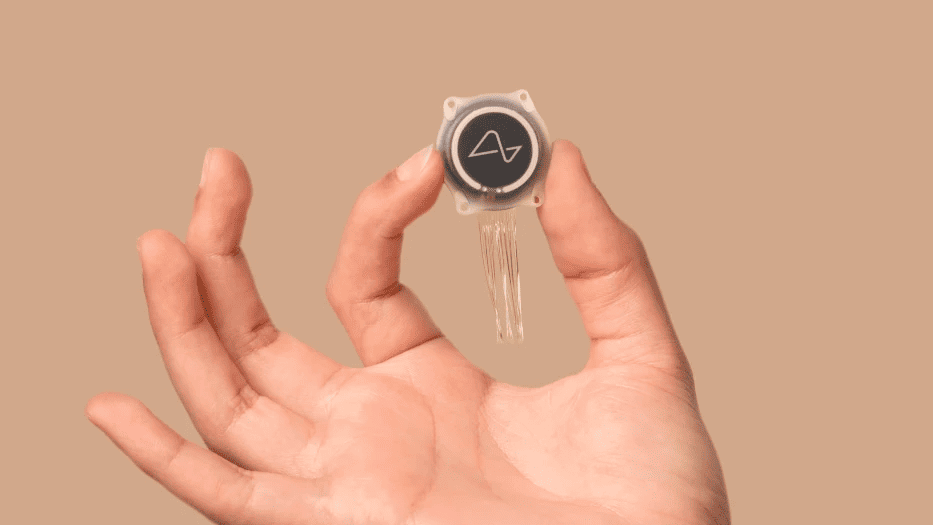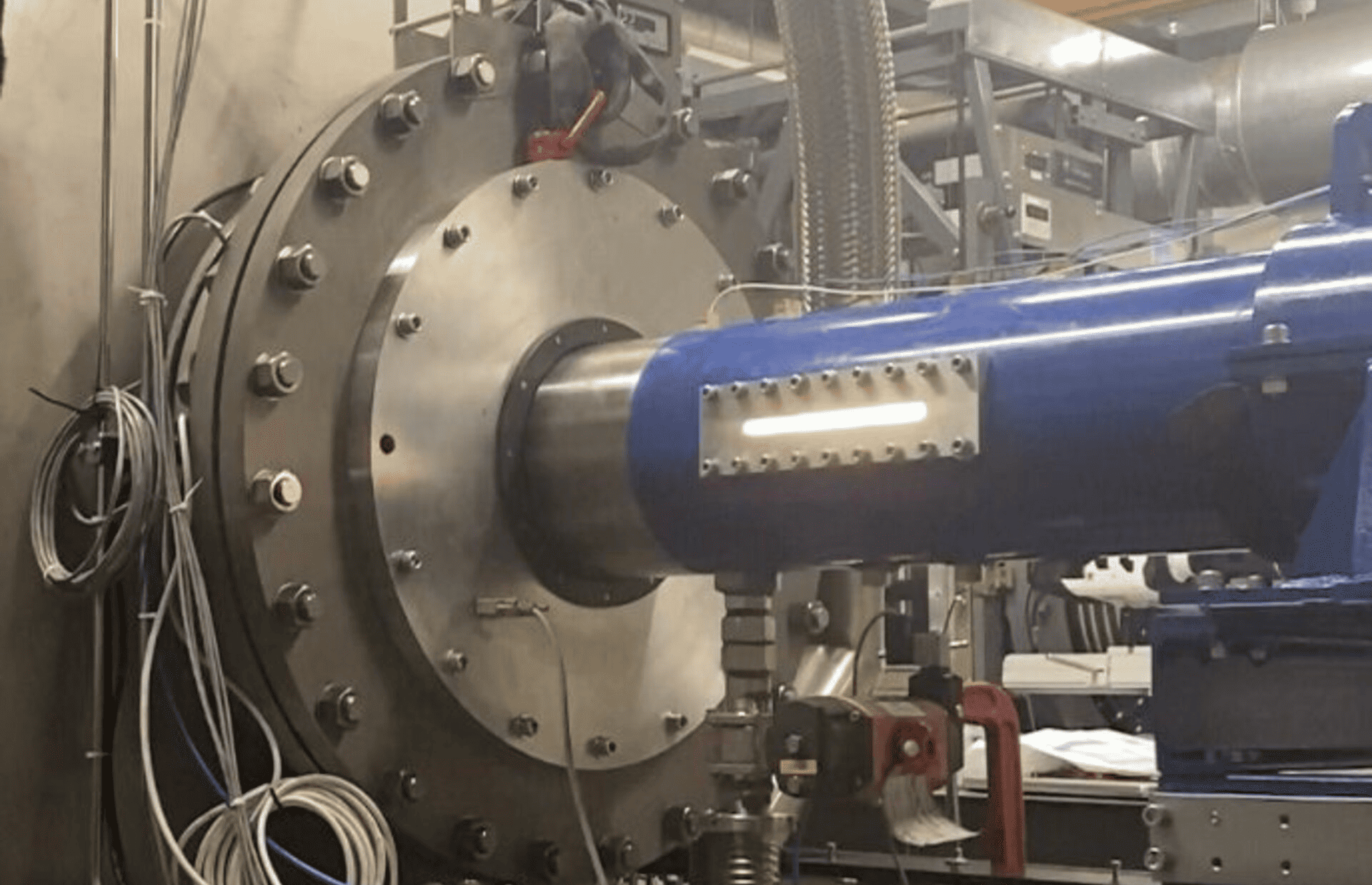Racist Plant Names Are Being Changed
4 days ago
Distant Planet Identified By Rancid Odor
2 weeks ago
Why America Stopped Caring About Space Exploration
8 months ago
Asteroids On Collision With Earth Unstoppable?
8 months ago
Exoplanet Mystery Finally Explained?
8 months ago
See The Dinosaurs That Lived Near You
8 months ago
Lost City Under The Ocean Unlike Anything On Earth
8 months ago
Orca Attacks Being Defeated By Death Metal
8 months ago
Scientists Are Diving Into Uranus
8 months ago
Invisibility Cloak Deep-Sea Fish Spotted
8 months ago
Chipotle Founder Opening New Robot Restaurant
8 months ago
Earth-Sized Planet Discovered, Can It Sustain Life?
8 months ago
China Slams Vehicle Into The Moon
8 months ago
Gigantic Cosmic Vine Discovered In Deep Space
8 months ago
Samson Switchblade Flying Car Takes Flight
8 months ago
Four-Eyed Creatures Discovered Are Brand New Species
8 months ago
China Plans Mars Retrieval Sample From Red Planet
8 months ago






































